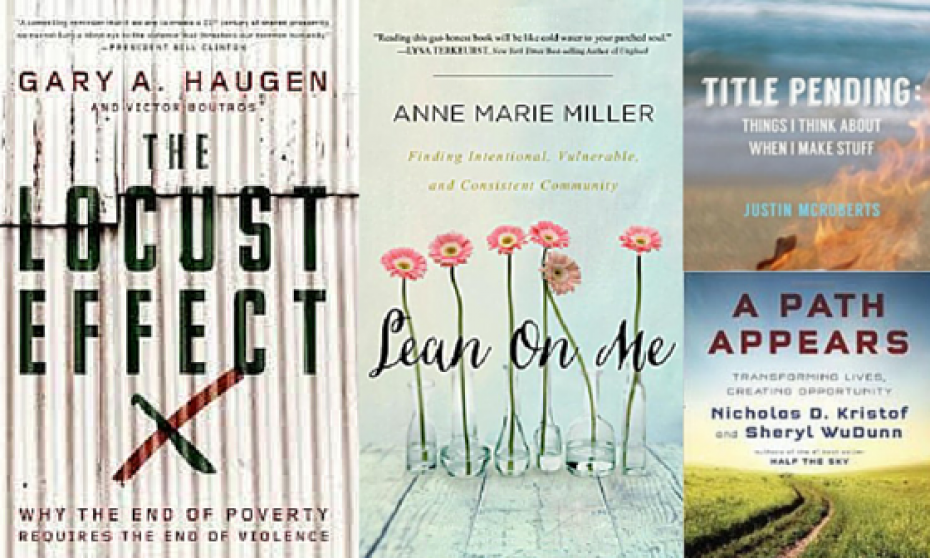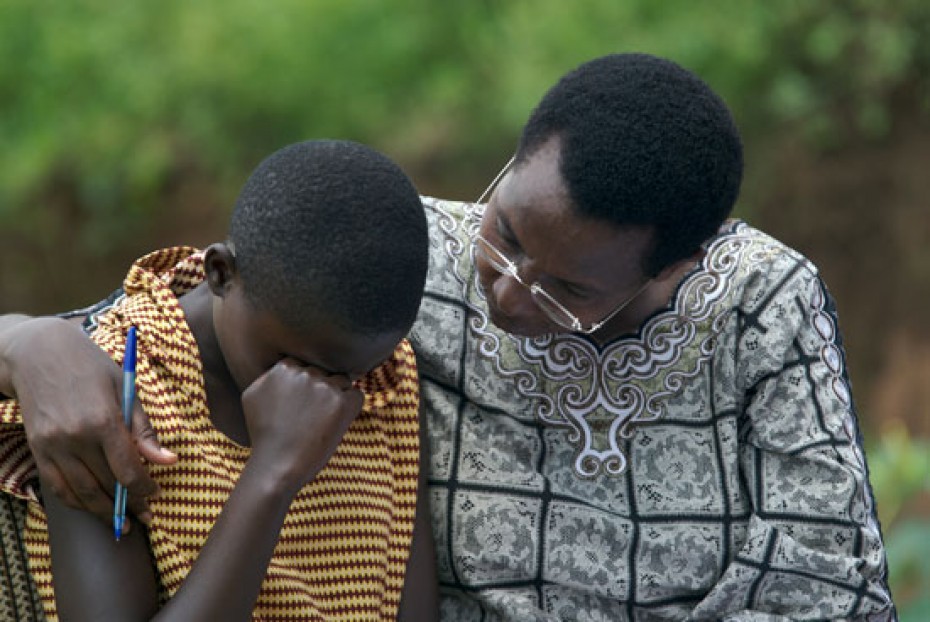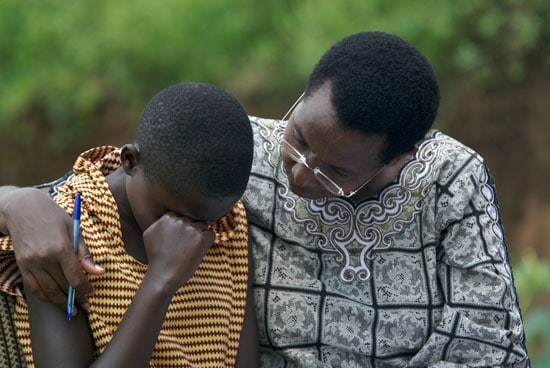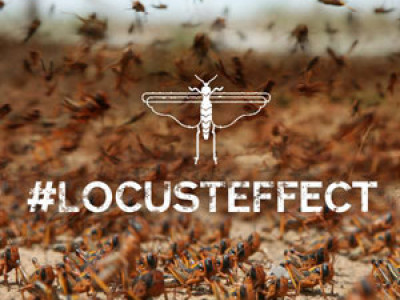Best Books of 2014

A few months ago, our blog guru, Sam, asked me to write a Top Five Books of 2014 post. He probably asked me this because I’m a writer. And I read pretty much all the time. But also because I think reading is a way to expand the mind, to experience things on the page that we can’t always experience in person. So I carefully chose books that I think will broaden your views of poverty, community, and what it means to serve “the least of these.” (I also just chose four books, because, as you’ll see, some of these took a little longer to get through … and also because I’m a rebel!)
Continue Reading ›Rwandan Genocide: Where Were God’s People?

At the time of the Rwandan genocide in 1994, Gary Haugen, a senior trial attorney for the U.S. Department of Justice, was given an assignment to serve as the Officer in Charge of the U.N.’s genocide investigation in Rwanda.
He had seen a lot of injustice in the past, working to combat human rights abuses around the world. And in Rwanda, he stood amid it. He led a team in gathering evidence against those who perpetrated the genocide.
He didn’t just fight a legal battle from afar; he stood at the sites of mass murder and mass graves, and looked into the ugliness of this world.
And his response to it was quite surprising to me.
When you are standing in a mass grave in Rwanda, the question that came to my mind was not the question that was coming to everyone else’s mind perhaps. I’ve had people ask me, Where was God in the midst of all of this?’ But I could sense, at least from Scripture, what I knew of my heavenly Father, was that I knew where God was: He was right in the midst of all that incredible suffering. The more relevant question for me was, ‘Where are God’s people?’
What I also saw so clearly was the biblical mandate, because when you go through Scripture with an eye for that, all of a sudden there are these very clear commands: Micah 6:8, ‘He has told you, O man what is good and what the Lord requires of you, but to do justice, to love mercy, to walk humbly with your God,’ or Isaiah 1:17, ‘Seek justice, rescue the oppressed, defend the orphan, plead for the widow.'”
– Excerpted from RELEVANT magazine, “A Call to Justice,” March/April 2007 with permission.
Rather than raging at God, like I sometimes feel tempted to do, Haugen knew that this was a matter for the church. It was our responsibility to do justice, to rescue the oppressed, to plead for the widows and orphans.

Laurent Mbanda is the Vice President of the Africa region for Compassion and also a native Rwandan. He wrote the book, Committed to Conflict: The Destruction of the Church in Rwanda, about the church in Rwanda and how it was involved in the genocide.
Rwandans had a common saying: ‘God spends the day somewhere else, but spends the night in Rwanda.’ To many, God left Rwanda on 6 April 1994 and did not come back until the final defeat of the Rwandan army by the RPF soldiers.
But not only did God seem to have left, some church leaders seemed to have allowed, blessed and even participated in the slaughter.
According to Mbanda, a history of prejudice and political involvement in the Rwandan church, dating back to Belgian colonial times and early Christian missionaries, set the stage for the unthinkable. Where were God’s people in the Rwandan genocide? Unbelievably, some were right there, supporting it.
What did Haugen do in response to what he saw?
I would have despaired. But fueled by what he saw, Haugen knew what he must do. He knew it was the church’s responsibility, our responsibility, not to wink at the injustices of the world, but to stop them. He founded the International Justice Mission, an organization that secures justice for victims of slavery, sexual exploitation and violent oppression in 12 countries around the world. This organization partners with us to help protect children who might not otherwise have someone to speak up for them.
What is your response when you read about the ugliness of the world? Do you want to close your eyes or just despair? It sure is tempting. But rather than giving up, Haugen went to the Scriptures to see what God’s call was on him, and he obeyed. He is now mobilizing the Church to be the ones who don’t look away, but who show up when the world needs it most.
Photo by Phoebe Graves
We originally published this post on April 6, 2009, the 15th anniversary of the genocide in Rwanda.
Continue Reading ›
The Locust Effect: How Violence Plagues the Poor
The locusts of everyday violence have been allowed to swarm unabated in the developing world. And they are laying waste to the hope of the poor. – Gary Haugen and Victor Boutros


